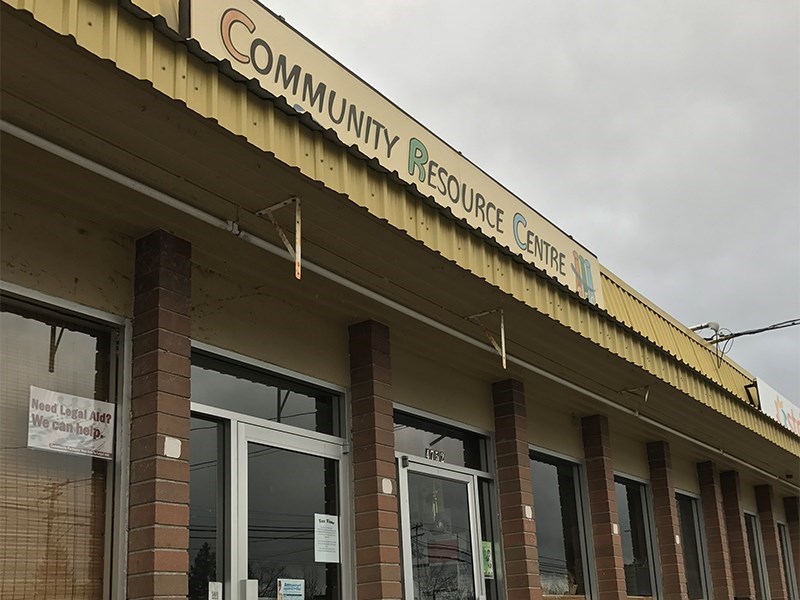Powell River’s multi-agency community action team (CAT) is busy helping with support and education to provide assistance during the opioid crisis.
Kathryn Colby, manager of community development at Lift Community Services and CAT coordinator, outlined several initiatives being undertaken in the Powell River region to provide services to a wide range of people.
Colby said a task force is being created to look at helping people who respond to overdoses in the region because it has been identified as a “pretty serious gap.”
“For example, if you were a clerk in a store and someone was using drugs in your bathroom and they had an overdose, that’s a 911 call, possibly someone has some naloxone, but these responses take a toll on people,” said Colby. “It’s very intense to respond to an overdose. Because we don’t have a lot of mental health supports for people who are on the forefront of this crisis, we are trying to create almost a search and rescue style dispatch of volunteers who can go and be with folks after that happens, to ensure the person who has overdosed will be referred to the right spot, and also to provide a bridge of emotional support after the incident for anyone who responds.”
Colby said many people are still not accessing some of the available resources.
“It goes back to that rural environment, of stigma, shame and all of these things where people don’t want people to know they may have a substance use issue,” said Colby. “We’re looking forward to having research come through Powell River to give us insight into how we can better reach folks.”
Additionally, harm reduction work has started outside Tla’amin Health Centre. Colby said that started when CAT was able to go out and immediately assist people who were locked down last year when COVID-19 was present in that community. She said that has continued with the work of peers, who are people who have lived with or have experience with substance use. They are able to reach out to other people who may be struggling and don’t have access to formal services, said Colby.
“There’s a lot of evidence to suggest peer-to-peer education is really impactful,” she added, “so we are supporting folks out there.”
Colby said efforts are underway to build a clinic space that will be available for the community and be embedded at the community resource centre. She said that will include medical staff who can help people having substance use issues.
CAT targets youth
Another function of CAT is talking to youth. Colby said messages such as “it only takes one time to die from fentanyl” are important to relay, as well as the fact that cross-contamination can exist in any illicit substance.
“We really want to focus on saving the lives of people who may be entrenched or at risk and then help people from becoming at risk,” said Colby.
She said a program has been initiated to pick up needles in the community and added that anyone can call to have a needle picked up. She said peers involved in the program will also respond to people who are using alone and can go into someone’s private residence to ensure people have harm-reduction supplies, naloxone, a friendly ear, or a witness. The number to call is 604.414.4915, and calls made between 4 and 8 pm receive the fastest response time.
Colby said what CAT has figured out through this pandemic is that the team is adept at reaching street-level substance users. She said there is a development of strategies to reach recreational drug users, people who use in secret – people who are still in private residences who are substance users. Colby said this group is the most high risk.
Substance use in Powell River continues to be an important focus for social agencies. Lift Community Services executive director Stuart Clark, in a recent written statement, stated: “This is becoming more obvious now that we are in the throes of a devastating overdose crisis in BC. The COVID-19 pandemic has compounded the impacts of the crisis, bringing deaths in our province to a record high of 1,716 deaths, a 74 per cent increase from 2019. Our community, unfortunately, has the second-highest death rate per capita in the Vancouver Coastal Health region, second only to Vancouver.”



